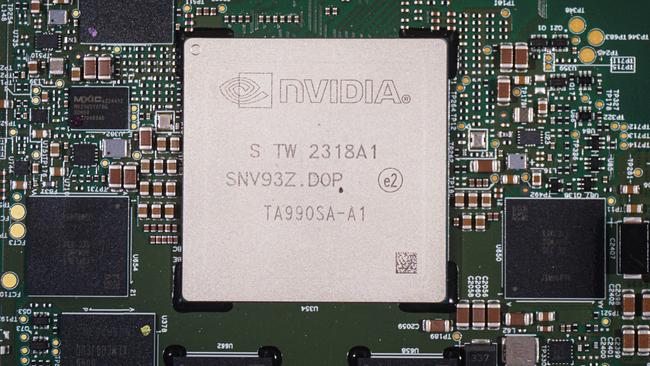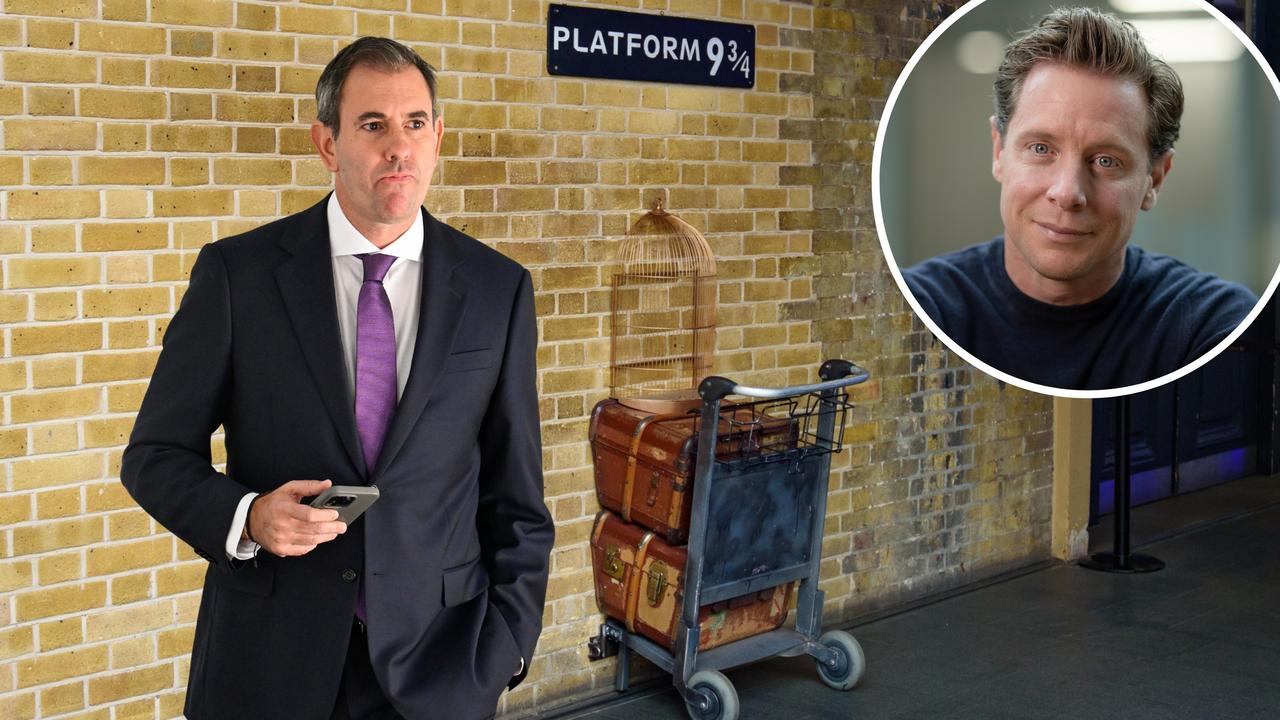Scott Pape says fake reviews are polluting the internet, with help from AI
Want a good electric blanket or other household item? Scott Pape says in an age of fake reviews, there’s one key place to check.

Barefoot Investor
Don't miss out on the headlines from Barefoot Investor. Followed categories will be added to My News.
“Why am I so hot?” said Liz, bolting upright in bed the other night.
“Perhaps it’s early menopause?” I giggled back into the darkness.
Silence.
I could feel my wife’s (mental) temperature rising.
“I bought us an electric blanket,” I confessed. “It’s pretty toasty, right?”
“That is such an old person thing to do,” she said, rolling over and giving me a warm shoulder.
Truth be told, this night had been a long time coming. You see, I have PTSD from staying over at my grandparents’ house when I was a little tacker. As Nana would turn up the wiry electric blanket, my big sister would hiss at me, “Remember, if you wet the bed tonight you’re going to electrocute yourself”.
From that point on, I slept with one eye open.
Thankfully, I’m over that now (plus, I figure I’ve got another 25 years till my prostate starts playing up), so I’m good to go.
Yet there was one real problem:
Electric blankets are known to cause fires, which is quite terrifying really.
So how do you find a good one? (I mean, one that won’t take you from toasty to toasted.)
Well, I bought the Dimplex DreamEasy Electric Blanket, which cost $75.
Why?
Because the Dimplex scored the highest rating from CHOICE testers, and they don’t give them out easily.

They looked at heaps of electric blankets and put them all through a series of safety, comfort and electrical testing, which included taking thermal images to see how they disperse heat, measuring energy consumption (mine will apparently cost $61 to run through the 92 days of winter), and even building a custom-made rig that simulates 5000 cycles of the cord flexing and pulling under a weight of 10 newtons (around 1kg).
Then they performed a current leakage test. ZZZZT!
Contrast this to the reviews you get from the Wild Wild West (aka the World Wide Web).
A report from the World Economic Forum (WEF) found that writing fake online reviews is a well-organised multibillion-dollar business. In response to this, in 2022 alone Amazon blocked more than 200 million suspected fake reviews and Google blocked or removed more than 115 million. Yet now artificial intelligence is being used to write fake reviews en masse and pollute the internet.
So here’s my take:
The sort of in-depth testing that CHOICE does across 200+ categories – without getting a kickback or even a freebie from the manufacturer – costs a lot of money. And that’s why I’m happy to pay my $84 annual membership. Not only does it save me hundreds of clams each year, it also keeps me warm in bed each night!
Tread Your Own Path!
Investing in Nvidia
Hi Scott
Given that artificial intelligence is going to change the world, up-end entire industries and render millions of people unemployed (hopefully not me!), I am thinking about investing a large part of my superannuation into Nvidia, the AI chip maker that is dominating the industry. But I just wanted your thoughts first. Do you invest in it?
Gary
Hi Gary,
So we’re currently at peak AI hype.
Investors are obsessed with the potential of artificial intelligence … and the chance of making a quick buck has got them treating Nvidia like a casino chip.
Last week Nvidia became the world’s most valuable company. This week it suffered the biggest three-day loss of any company in history ($646 billion), according to Bloomberg.
Something tells me that the croupier hasn’t yet called “no more bets”.
So would I invest in Nvidia?
Yes, I would. In fact I do. I own Nvidia (among hundreds of other stocks) through my international index funds, and that’s enough for me.
But would I go balls and all into Nvidia at it these prices?
Well, you could ask ChatGPT … but I’m a strong no.

You Are NOT Setting a Good Example to Your Children, Barefoot
Hi Scott,
You said you want to set an example to your kids by putting your phone, keys and wallet in a bowl at the front door. This is not a good example, given all the crime now – you might as well put them out at the front gate. Place your valuables in the kitchen, as this is the most centrally travelled room in the house. But please not at the front door.
Reg
Hi Reg
Yes, it sure is dangerous out there.*
(*If you listen to Peter Dutton, who seems very angry, and very determined to be very angry.)
The problem is that the statistics show that over the last 10 years break-ins have been decreasing.
Nationally, the latest figures show that just 2% of households experienced a break-in. This figure has been trending down for a decade and is quite a bit lower than when they started collecting the data in 2008–09, when it was 3.3%.
It’s hardly Venezuela, Gonzuela.
That being said, if you were one of those 2% you’d understandably be very upset.
However, if a violent robber entered my house, I’d prefer it if they quickly found my wallet and the keys to the Toyota from the dish, and then nicked off … instead of playing a game of hide and seek with a machete.
The diamond heist
Barefoot,
I’m a jeweller, and I much prefer the authenticity of a real diamond. Yes, natural diamonds cost more (though only a small percentage are ‘blood diamonds’). However, they will also ultimately gain in value, whereas lab grown diamonds have no value once they become second hand.
Linda
Hey Linda,
I’d like you to put down your cute little magnifying glass, because I’m about to hit you with the bleeding obvious.
Literally no one buys a diamond ring with the thought that it will be rejected and then re-sold.
Didn’t you read the script? It clearly states “till death do us part”.
Nor is it seen as a financial investment that can easily be hocked off in a few years’ time when the Ford Territory needs a new set of tyres.

As any divorcee knows, the resale value of a mined diamond ring is roughly the same as that of a three-year-old laptop.
Having said that, I grant it will have a higher resale value than a lab-grown diamond.
And if a potential suitor is stressed about pulling a hammy as they get down on one knee, I’d argue that they’d be more likely to hedge their bets with an ‘ethical’ diamond ring that’s 90% cheaper. (Although I must admit quite a few readers this week pointed out that the lab-grown diamond process uses all sorts of environmentally dodgy gases – not so ethical after all, apparently.)
Finally, mined diamonds are valuable only because De Beers has rigged the price for decades. As I said last week, there are said to be 39 billion stones in existence – more than five for every person on Earth.
Now that is a lot of supply!
DISCLAIMER: Information and opinions provided in this column are general in nature and have been prepared for educational purposes only. Always seek personal financial advice tailored to your specific needs before making financial and investment decisions.
More Coverage
Originally published as Scott Pape says fake reviews are polluting the internet, with help from AI




